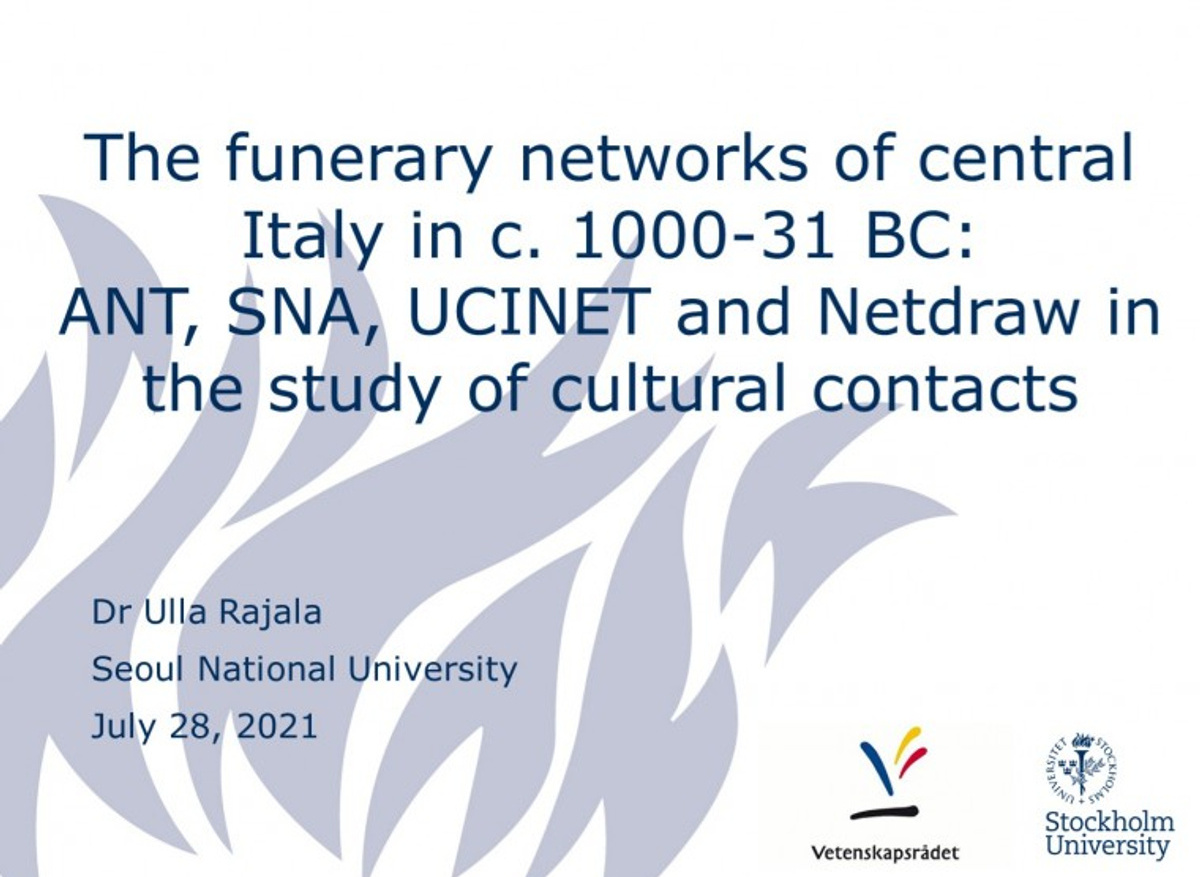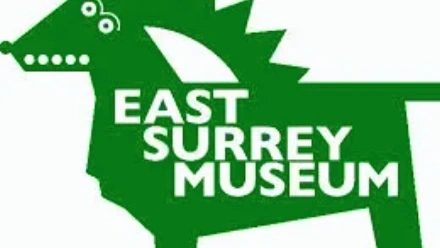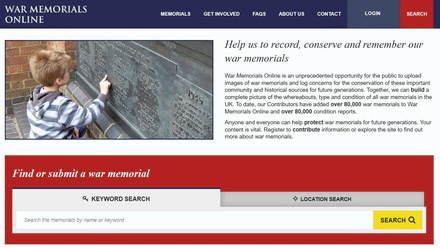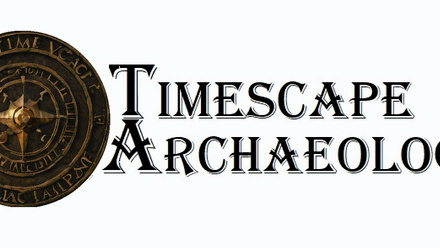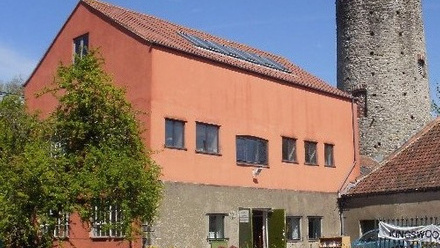It seems that every time I am writing a blog about a day in the work of an archaeologist, my working days are writing and editing heavy, and I am only working with a computer in my office. This was true in 2012 and it is true now ten years later. In between, I commuted to Stockholm and worked at Volterra, but sadly, not today, nor this week. The highlight of the week is an invited lecture at the Seoul National University, but since these times are Covid times, I am not there in person, but via Zoom.
I just sent off a book review and now I should return to correct an article that is part of the research for my forthcoming book Changing group identities in the multicultural pre- and postcolonial central Italy: landscape, people and materiality from c. 1000 until 31 BC that has been preliminarily approved for publication by the Monographs of the Archaeological Society of Finland. Finalising the book that is based on my research at Stockholm University is my main task at the moment, but it is interrupted by many smaller tasks a postdoctoral researcher has to perform. One of the distracting activities is applying for jobs. Today I finished with an application to a temporary position at UCL and I am currently working for a course plan for another part-time job. All these tasks take time away from the actual book editing and writing.
The sudden, even if originally welcomed, heatwave was a distraction. It was so hot in my office that the sweat drops were dripping onto my laptop. Thus, I was working on a book review, since I could read the book in the cool, darkened living room next to a fan. On a slightly cooler day I was working on editing different GIS images, since it took less concentration than the actual writing or editing. Today like many other days, the temperature and humidity rose in the afternoon and I started to read a new book for a book review that will be a very interesting discussion of the Early Rome.
The real high-point of the day turned out to be 'The Far Right and the Ethics of Researching the Past' workshop organised by the EthEx Network in the evening. This webinar lasted for couple of hours and covered the topics of studying racism and far right using ethnographic methods and the ethics of listening and being listened and the appropriation of the past. The fact that the session was not recorded allowed the participants to talk relatively freely and some of their talk of intersecting personas and identities resonated with the little archaeo-ethnological project I have done myself. In general terms, I tend to try to take advantage of these Zoom or Teams seminars, since they bring new ideas. I have attended talks in central Italy, America and different parts of Europe. These have allowed me to develop new research ideas and share the latest results reached by other scholars.
The following morning came with the highlight of the working week was the seminar with the small network study group at Seoul. It was just morning here in UK, but already evening there. I felt honoured to have been invited and I feel that this contact may result in a Special Interest Group within the Computer Applications and Quantitative Methods in Archaeology organisation. There is the Connected Past network that clearly is less for providing a discussion group and more a steering committee. It would be beneficial to have something truly archaeological forum where we can discuss the problems with archaeological material.
So that is how the days of an archaeological researcher proceed, when we are not in the field. My office is my safe haven and I proceed little by little making corrections to an article that is due this week and then continuing writing and editing my book.

